Log in and enrol
Active Learning for Soft Skills Development
Active Learning for Soft Skills Development
Soft skills are crucial competencies to be developed by students to access the labour market. The integration of active learning methods in teaching practices can support curriculum innovation and improve the learning experience of university students in particular while learning disciplinary subjects.
Course description
This course provides a practical learning path on how to foster the development of soft and digital skills while teaching specific subjects. Soft skills, as defined by Haselberg (2012), are “a dynamic combination of cognitive and meta-cognitive skills, interpersonal, intellectual and practical skills that help people to adapt and behave positively”, and are a vital component of any course: not only are they “most wanted” competences indicated by the corporate sector, but they are also essential life skills for all. This MOOC is mainly for higher education teachers and trainers who recognise the importance of potentiating such skills in students and who want to improve their effective support for students to help them achieve this aim. It is also for those who have already actively engaged students in their lessons, but still want to re-think the proposed activity and enhance the results of this interaction working on soft and digital soft skills even further. Through this MOOC you will discover how an active learning method, i.e. any instructional method that engages students in the learning process, can effectively be designed and implemented in a curricular course to support students’ in their soft skill development.
Total workload of the course: 25 hours
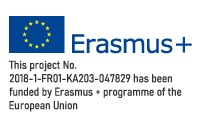
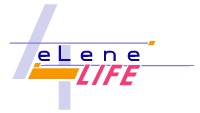
This project No. 2018-1-FR01-KA203-047829 has been funded by Erasmus + programme of the European Union.
This MOOC is one of the outputs of the Erasmus+ eLene4life project, whose partners are:
- Fondation UNIT – AUNEGe – Digital university for economics and business studies (France);
- Fondazione Politecnico di Milano (Italy);
- Politecnico di Milano - METID Learning Innovation (Italy);
- European University College Association (Belgium);
- Warsaw University of Technology (Poland);
- Universität Bremen (Germany);
- Libera Università Maria Santissima Assunta (Italy);
- University of Dundee (United Kingdom).
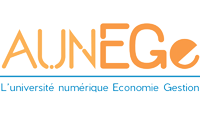
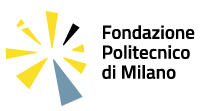
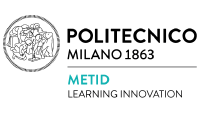
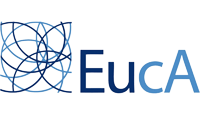
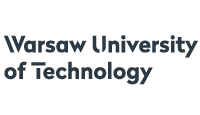
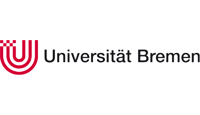
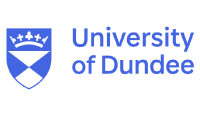
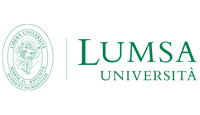
Intended Learning Outcomes
Actively participating in this MOOC, you will achieve different intended learning outcomes (ILOs).
Knowledge
- Recognise and describe key elements of teaching practice design in the frame of active learning methodology ESCO: pedagogy
- Apply principles of constructive alignment to your curriculum starting with an effective formulation of ILO for soft skills ESCO: instructional design models ESCO: develop curriculum
- Identify the key elements in defining an assessment strategy for ILO achievement when working on soft skills, elaborating the best strategies and preventing critical issues when applying active learning methods in your class ESCO: assessment processes
- Experiment with and develop new formats and pedagogical methods for instruction ESCO: assessment processes ESCO: develop curriculum
- Comprehensively support your students while they develop soft and digital soft skills
Soft skills and digital soft skills
- Communicate effectively in digital environments or with digital tools ESCO: digital communication and collaboration
- Positively and effectively engage with others ESCO: use online conventions of netiquette ESCO A2.2.0: demonstrate good manners
- Experiment with different strategies and methods to acquire knowledge, know-how, skills and competences ESCO: use learning strategies
- Share and exchange knowledge, resources and experiences with colleagues and peers ESCO: digital communication and collaboration
- Use professional communities and networks to reflect on new pedagogic practices and methods and as a source for supporting one’s own professional development ESCO: manage personal professional development
Attitudes
- develop a positive attitude towards new and challenging demands developing a lively interest in novelty, an openness to experience, to exchange, actively explore and discover new areas ESCO A1.8.0: demonstrate willingness to learn
Prerequisites
There are no prerequisites to take this course, even if previous experience in teaching will be helpful.
Activities
Throughout the MOOC, over and above consulting the content, in the form of videos and additional web-based resources, you will, through the forum or other digital tools that support sharing and comparing, work on reflecting on your own experience and improving it taking into consideration the inputs emerged from discussions with peers.
To obtain the certificate, you should complete the whole MOOC and the Weekly quizzes at the end of each week, but we strongly encourage you to take part in activities and discussions that you find most useful and relevant for your own professional development.
These activities guide you in:
- focusing or reflecting on specific inputs individually;
- working collaboratively with the others through external tools, like Padlet and Answer Garden;
- sharing and discussing experiences, challenges, doubts with the aim to help and supporting own’s professional development;
Section outline
-
Week 0 is an introduction to the eLene4Life project and to the MOOC, its structure and the main subject we are dealing with.
-
From week 1 to week 5 you will explore one of the aspects related to the design and implementation of active learning to develop soft skills, starting from direct experience of international teachers around Europe who have implemented an active learning method during the academic year 2019/2020.
-
-
-
-
-
Week 6 collects and presents the complete interviews to the teachers who experimented with active learning.
-
-
Bibliography Page
-
Assessment
The final grade for the course is based on your results from your responses to the graded quizzes (Weekly Quizzes, which account for 80% of the total score, and self-assessed activities, which account for 20% of the total score), but you must wait 15 minutes before you can try again. You will successfully complete the course if you reach 60% (or more) in each of the assessed quizzes. The maximum score possible for each quiz is given at the top of the quiz. You can see your score in the quiz on your last attempt or on the 'Grades' page.
Certificate
You can achieve a certificate in the form of an Open Badge for this course, if you obtain, at least, 60% of the total score in the graded quizzes and by filling in the final survey.
Once you have completed the required tasks, you will be able to access ‘Get the Open Badge’ and start issuing the badge. Instructions on how to access the badge will be sent to your e-mail address.
The Badge does not confer any academic credit, grade or degree.
Information about fees and access to materials
You can access the course completely online and absolutely for free.
Course faculty
This MOOC is the result of a proficient collaboration between many people, at an international level. Politecnico di Milano - METID had the opportunity to enjoy working closely with the eLene4Life partners and to benefit from the kind availability of many international teachers, who experimented active learning for soft and digital skill development.

Deborah Arnold
Deborah is the National and International Projects Coordinator at AUNEGe and as such is the overall coordinator of the eLene4Life project. She has extensive experience in both designing and teaching online courses, and in studying online herself. As one of the founding members of eLene back in 2004, Deborah has been involved in all six eLene projects, from eLene-TT on teacher training right up to eLene4Life. From 2010 to 2016 she served on the Executive Committee of EDEN (European Distance and E-learning Network) and held the position of Vice-President for Communication. She is a Senior Fellow of EDEN and a member of the EDEN Fellows Council Board. In addition to holding a Masters degree in journalism and media production from the University of Burgundy, Deborah is currently completing a PhD on Digital Education Leadership at Universitat Oberta de Catalunya.
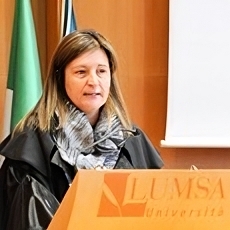
Maria Cinque
Maria Cinque is Associate Professor of Didactics, Teaching Methodologies and Special Pedagogy at the Department of Human Studies of LUMSA University in Rome where she coordinates the course of Science of Education. She also teaches Teaching and Communication Skills at the Campus Bio-Medico University in Rome and holds seminars on soft skills and faculty development in different Italian Universities (Palermo, Pisa, Pordenone, Roma, Udine). She has a PhD in Teaching and Communication Technologies and her main research interests focus soft skills and digital skills, faculty development, coaching and creativity. She has been involved in the different European projects concerning soft skills: eLene4LIFE: Learning and interacting to foster employability (2018-21); eLene4work: Learning to learn for new digital soft skills for employability. (2014-17); European Ict Sector Skills Alliance - Vet Open Course For Mobile Apps Creators (2014-15); MODES (Modernising Higher Education through Soft Skills Accreditation). (2009-12).
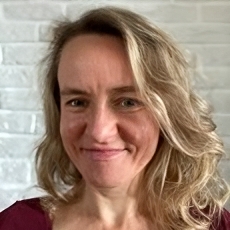
Magdalena Jasińska
Magdalena Jasińska is an experienced instructional designer and project manager at Warsaw University of Technology, Faculty of Management. Since 2004 she has been involved in many projects connected with e-learning, multimedia in education, virtual mobility, virtual entrepreneurship, soft skills 2.0. Her research activities concentrate on e-learning methodology and new technologies in education. As a teacher trainer she leads F2F, blended and online courses on distance learning, methodologies of using e-learning tools and new technologies in managing projects. She has a PhD in Political Science.
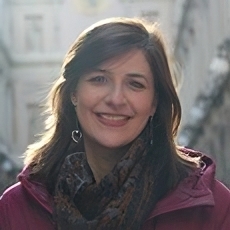
Mirela Mazalu
Mirela Mazalu is the Secretary-General of EucA where her main responsibilities focus on 1. research in European project consortia on students affairs development, soft skills learning and assessment in residential settings, quality mobility, youth employability and active citizenship, 2. designing international co-curricular activities for students, and 3. designing professional development events for student affairs professionals in Europe. She joined EucA in 2010 and serves in her current capacity since 2017.
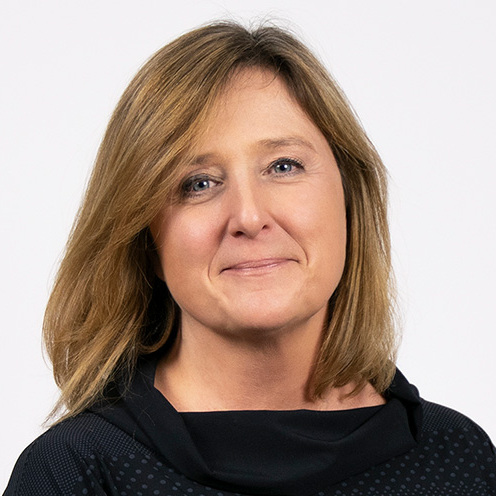
Susanna Sancassani
Susanna Sancassani is the Managing director of METID (Methods and Innovative Technologies for Learning) at the Politecnico di Milano where she was professor in the PhD course of “Innovative teaching skills”, “Progettazione multimediale”, “Progettazione di servizi multimediali” and “Progettazione e sviluppo di corsi di e-learning”. She is a member of the scientific committee of SieL (Italian scientific society for e-learning) and coordinator of the table "Digital ecosystems for learning innovation" of CRUI. She is in charge of teacher training on learning innovation at the Politecnico di Milano. In collaboration with other colleagues at the Politecnico, has published “Costruire servizi digitali” (Milan, Apogeo, 2003) “Il bit e la tartaruga” (Milan Apogeo, 2004) and, with Federica Brambilla and Paolo Marenghi, “e-Collaboration: il senso della Rete” (Milan, Apogeo 2011).
Instructional Designer
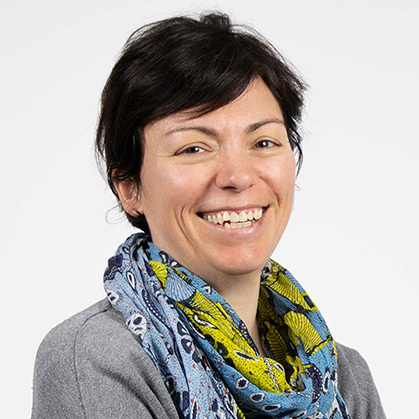
Alessandra Tomasini
Alessandra Tomasini collaborates with METID – Politecnico di Milano from 2007. She is project manager of national and international projects in education contexts with a focus on innovative didactics and instructional design of training paths.
Contact details
If you have any enquiries about the course or if you need technical assistance please contact pok@polimi.it. For further information, see FAQ page.